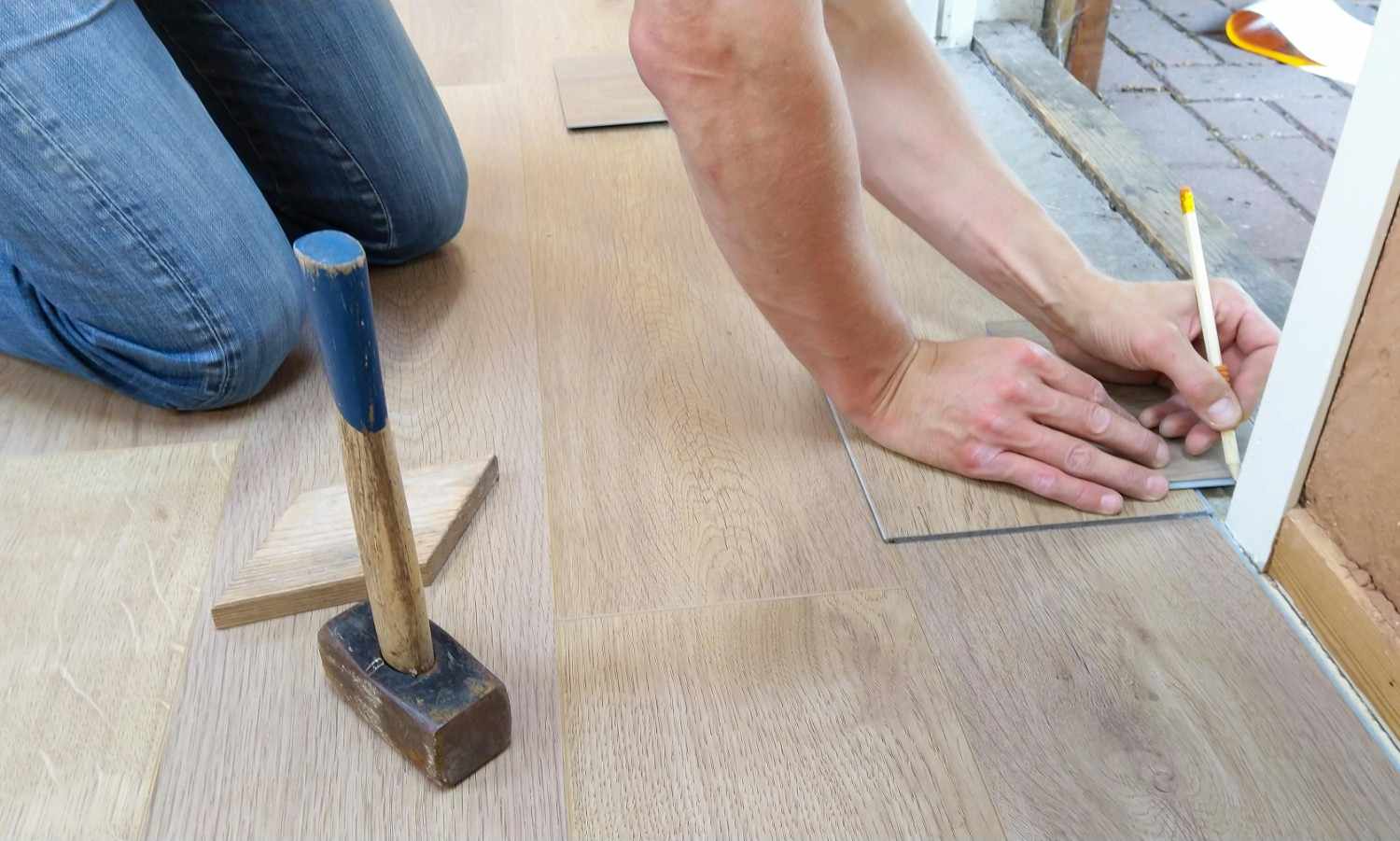Last updated on April 30th, 2024 at 03:22 pm
Underfloor heating has gained popularity for its ability to provide consistent warmth throughout living spaces. However, before opting for underfloor heating, it’s essential to assess whether your current boiler is suitable for this type of heating system or if you need to install a new boiler.
In this comprehensive guide from Warmable, we’ll explore the key factors to consider when determining if your boiler is compatible with underfloor heating and what steps you can take to ensure optimal performance.
How Does Underfloor Heating Work?
Underfloor heating operates by circulating warm water through a network of pipes installed beneath the floor surface. These pipes, typically made of flexible polyethylene, are evenly spaced throughout the floor space and receive a regulated flow of water from your boiler.
As hot water flows through the pipes, it gradually releases heat, warming the floor from the ground up. This radiant heat then radiates evenly into the room, creating a comfortable and consistent temperature throughout the space.
Underfloor heating systems can be controlled via thermostats and timers, allowing users to adjust the temperature to their preferences and schedule. Compared to traditional radiators, underfloor heating offers several benefits, including more even heat distribution, increased energy efficiency and reduced dust circulation, making it a popular choice for modern homes.
What Do I Need To Consider Before Getting Underfloor Heating?
Boiler Type and Efficiency
The first consideration is the type of boiler you have installed in your home. Ideally, your boiler should be a condensing boiler (such as a modern combi boiler), known for its high efficiency and ability to deliver low-temperature water suitable for underfloor heating.
Condensing boilers extract heat from flue gases, maximising energy utilisation and minimising heat loss, making them an ideal choice for underfloor heating systems.
System Suitability
Assess whether your boiler is compatible with the specific requirements of underfloor heating. While most modern boilers can support underfloor heating systems, it’s essential to confirm that your boiler’s output capacity aligns with the heating demands of your home.
System boilers, which store hot water in a cylinder for immediate use, are well-suited for underfloor heating setups, especially in larger properties or those with multiple heating zones.
Modulation Capabilities
Check if your boiler has modulating capabilities, allowing it to adjust its output based on the heating demands of the underfloor heating system.
Modulating boilers can deliver precise temperature control and energy savings by matching the heat output to the actual requirements, preventing overheating and maximising efficiency.
Low-temperature Operation
Underfloor heating systems operate most efficiently with low-temperature water, typically between 35°C to 50°C. Therefore, ensure that your boiler can deliver water at these lower temperatures to optimise the performance of your underfloor heating system.
Low-temperature boilers are specifically designed for this purpose, ensuring efficient heat distribution and minimising energy consumption.
Installation Considerations
Evaluate whether your boiler’s installation setup is conducive to underfloor heating. Heat-only boilers, which require additional space for hot water cylinders and storage tanks, may need modifications to accommodate underfloor heating systems.
You will also need to ensure that there is sufficient space and access for the installation of underfloor heating pipes.
Consultation with a Heating Professional
If you’re uncertain about your boiler’s compatibility with underfloor heating or if modifications are required, it’s advisable to consult with a heating professional.
A qualified engineer can assess your current heating system, provide recommendations for compatibility, and advise on any necessary upgrades or adjustments to ensure optimal performance. Warmable has a reputable network of boiler engineers – get in touch today via our online form and we can schedule a visit!
Closing Thoughts
Determining whether your boiler is suitable for underfloor heating involves considering its type, efficiency and compatibility with low-temperature operation. By assessing these factors and consulting with a heating professional, you can ensure that your boiler is ready for underfloor heating, providing efficient, comfortable, and consistent warmth throughout your home.
Whether you’re considering installing underfloor heating or upgrading your existing heating system, ensuring compatibility with your boiler is essential for maximising performance and energy efficiency.


